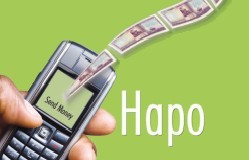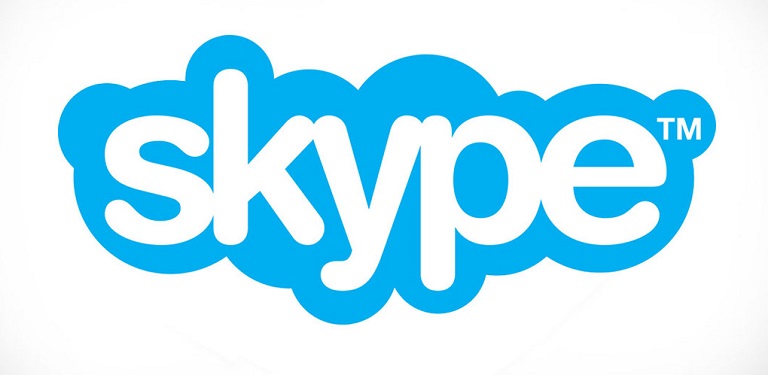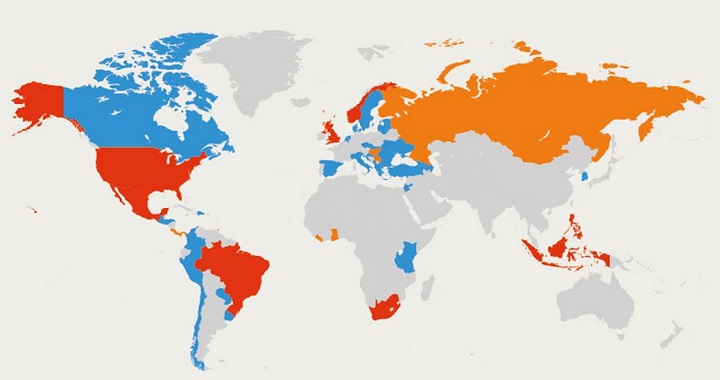Any banking services. While those in the developed world take it for granted, easy access to a bank is a luxury unknown to most. Throw in a devastating earthquake that knocks out a third of the banks and ATMs in the country and you can see why Bill Gates is banking on mobile phones to help expand financial access in Haiti. His foundation recently set up a $10 million fund to provide grants to the first firm to implement a qualifying mobile banking system as well as the first to process five million transactions.
 Mobile banking‒using SIM cards to transfer or store cash electronically‒is rapidly becoming the killer app of technology for development. Since 2007 when Vodafone first launched the M-pesa system in Kenya more than 11 million customers have signed up for the service. The latest Mobile Money for the Unbanked report by the GSM Association detailed nearly 150 mobile banking systems covering almost three billion customers around the world. These services help workers send remittances to their families and offer everyone a safer method of saving in countries where many keep their nest egg buried or under the mattress.
Mobile banking‒using SIM cards to transfer or store cash electronically‒is rapidly becoming the killer app of technology for development. Since 2007 when Vodafone first launched the M-pesa system in Kenya more than 11 million customers have signed up for the service. The latest Mobile Money for the Unbanked report by the GSM Association detailed nearly 150 mobile banking systems covering almost three billion customers around the world. These services help workers send remittances to their families and offer everyone a safer method of saving in countries where many keep their nest egg buried or under the mattress.
Shainoor Khoja of Afghan telco Roshan described mobile banking as ecosystem disrupting at the US Institute of Peace event on mobile phones and peacebuilding in Afghanistan. She gave the example of police officers who after switching to a SIM payment system were reporting that they were being over paid when in fact previously 30% of their wages were being skimmed off by corrupt officials. Ms. Khoja also mentioned that supermarkets in Afghanistan are offering a discount to those who use e-cash because of the lower costs associated with accepting it.
Things are not all rosy for m-banking, the GSMA report also highlighted some continuing challenges. One of the most significant is an outdated and at times hostile regulatory environment. Traditional financial regulation is necessary because banks make profits from investing deposits. Regulations set an acceptable risk level (or at least that’s the theory) to prevent reckless bankers from losing their clients’ money and requiring a bail-out (again just a theory). Mobile banking services don’t take deposits to invest but instead make a profit on a per user basis. This system requires a less stringent regulatory category which is generally opposed by traditional banks and often unavailable. However, as regulators and providers continue to learn from the many projects underway, M-banking seems to have a nearly limitless potential to bring banking to the masses.
Image courtesy of M-PESA



